Q&A: Chris Moyer, CTO at HP Enterprise Services
HP’s innovation event comes to London and we catch up with Chris Moyer, chief technology officer at HP Enterprise Services, to talk more about it.


Sign up today and you will receive a free copy of our Future Focus 2025 report - the leading guidance on AI, cybersecurity and other IT challenges as per 700+ senior executives
You are now subscribed
Your newsletter sign-up was successful
All companies like to say they innovate and even the word itself impresses many of us, but how often do we really see it?
HP brought together partners such as Symantec and Microsoft for an event, held yesterday at the Science Museum in London, to try and prove the innovative work it has down to its customers.
So what discussions have been taking place and how is innovation faring in a turbulent economic climate? We grab some time one on one with Chris Moyer, chief technology officer (CTO) at HP Enterprise Services to find out.
What are the themes being talked about today?
Today we tried to take HP's innovation story, our partner's innovation story and expose it to a bunch of our clients and potential clients and say look, innovation can come from anywhere and if it does what are you going to do about it? Are you going to bring it into the business?
[When it came to] themes, well, we have a lot of security guys, we are big on that, about how risks are now different and the ways to protect them [clients] are different too.
Also Martin Sadler [from HP Labs] talked a lot about compute scaling up and some of the technologies that are going to help us use that.
Sign up today and you will receive a free copy of our Future Focus 2025 report - the leading guidance on AI, cybersecurity and other IT challenges as per 700+ senior executives
Then we have talked about plastic displays, which is going to be a game changer getting the lower cost per inch factor and it uses less power.
Do HP put a lot of investment into research and development?
We put in about $3 billion or $4 billion and of our revenue that is about $110 $120 billion so we are still talking about three or four per cent in rough figures.
That doesn't really account for everything as our product teams put a lot in and like any company you are doing all these perpetual refinements that some people could say that is R&D but it is getting up little efficiencies.
We think of breakthroughs as R&D.
The difference with HP from other companies is we are willing to put investment into the next generation even if the current one isn't perfect.
We let the current one get used the fact it maybe won't grow as fast as we want it too because we are going to cipher some of that money into the long term and we call that the HP phenomenon, that is the core of [what we do].
How has the current economic climate affected innovation?
We launched an innovation group to [specifically] talk about it and we are seeing some pressure. Today's economic world made us all have different priorities but some of that is "oh no, there is a competitor that is taking that opportunity," so we had to keep innovating to keep up.
Just because there is a downturn, and there are some up turns we are all starting to see examples of that stating to ripple through but if we don't aggressively put on the pressure then a competitor will take that market space away from us.
Our customers are looking to [cut] operational costs that are running too high and they want ideas from us when they are ready we will have a whole portfolio of products waiting.
Do you think as we come out of the downturn things will go back to the way they were or are companies going to stick with efficiency first?
Just because there are some signs of recovery, there is still the mountain of debt we are all carrying and we have got to help pay back.
We have got at least three years where things that are going to stay very focused and businesses will have to make tough decisions. Innovation will continue to be a theme but it will be driven by what ideas work [efficiently].
Jennifer Scott is a former freelance journalist and currently political reporter for Sky News. She has a varied writing history, having started her career at Dennis Publishing, working in various roles across its business technology titles, including ITPro. Jennifer has specialised in a number of areas over the years and has produced a wealth of content for ITPro, focusing largely on data storage, networking, cloud computing, and telecommunications.
Most recently Jennifer has turned her skills to the political sphere and broadcast journalism, where she has worked for the BBC as a political reporter, before moving to Sky News.
-
 Salesforce targets telco gains with new agentic AI tools
Salesforce targets telco gains with new agentic AI toolsNews Telecoms operators can draw on an array of pre-built agents to automate and streamline tasks
-
 Four national compute resources launched for cutting-edge science and research
Four national compute resources launched for cutting-edge science and researchNews The new national compute centers will receive a total of £76 million in funding
-
 IDC: The business value of IBM Maximo
IDC: The business value of IBM MaximoWhitepaper Integral to the transformation of asset management
-
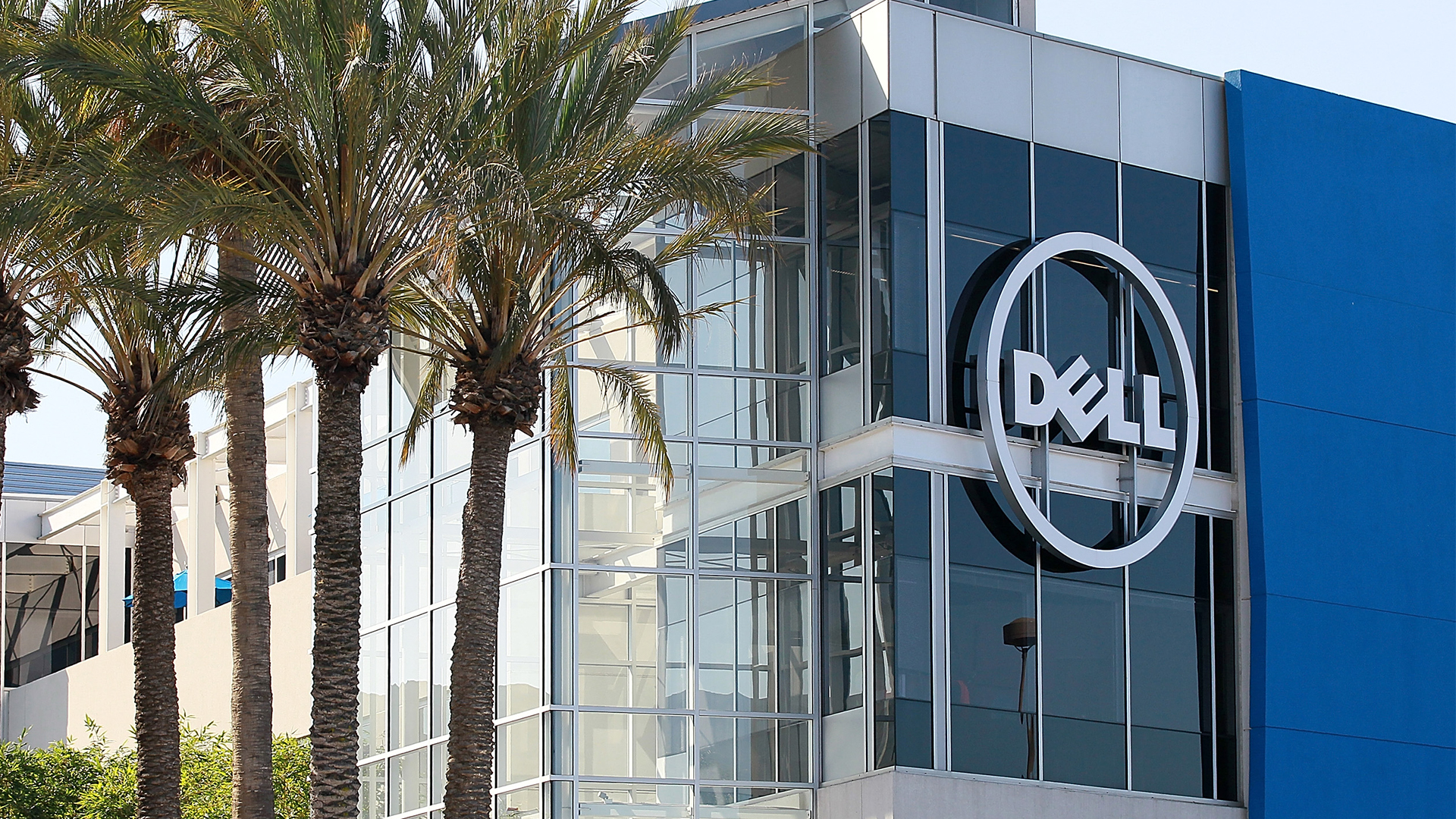 Predicts 2024: Sustainability reshapes IT sourcing and procurement
Predicts 2024: Sustainability reshapes IT sourcing and procurementwhitepaper Take the following actions to realize environmental sustainability
-
 Advance sustainability and energy efficiency in the era of GenAI
Advance sustainability and energy efficiency in the era of GenAIwhitepaper Take a future-ready approach with Dell Technologies and Intel
-
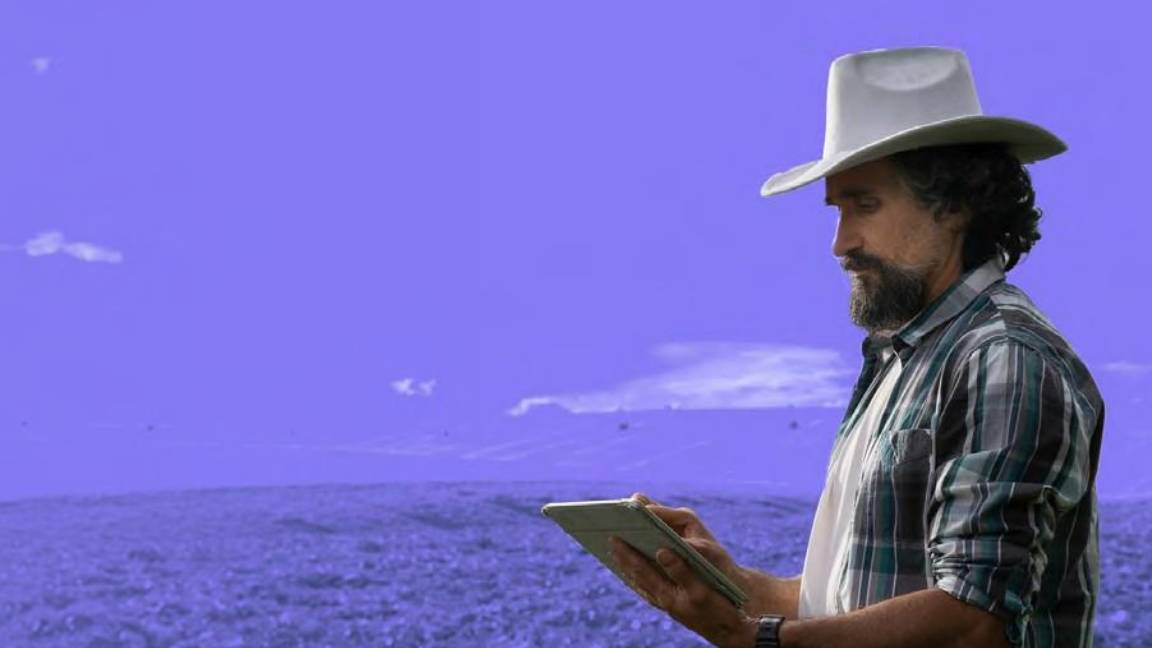 2024 State of procurement report
2024 State of procurement reportWhitepaper The trends shaping the future of business buying
-
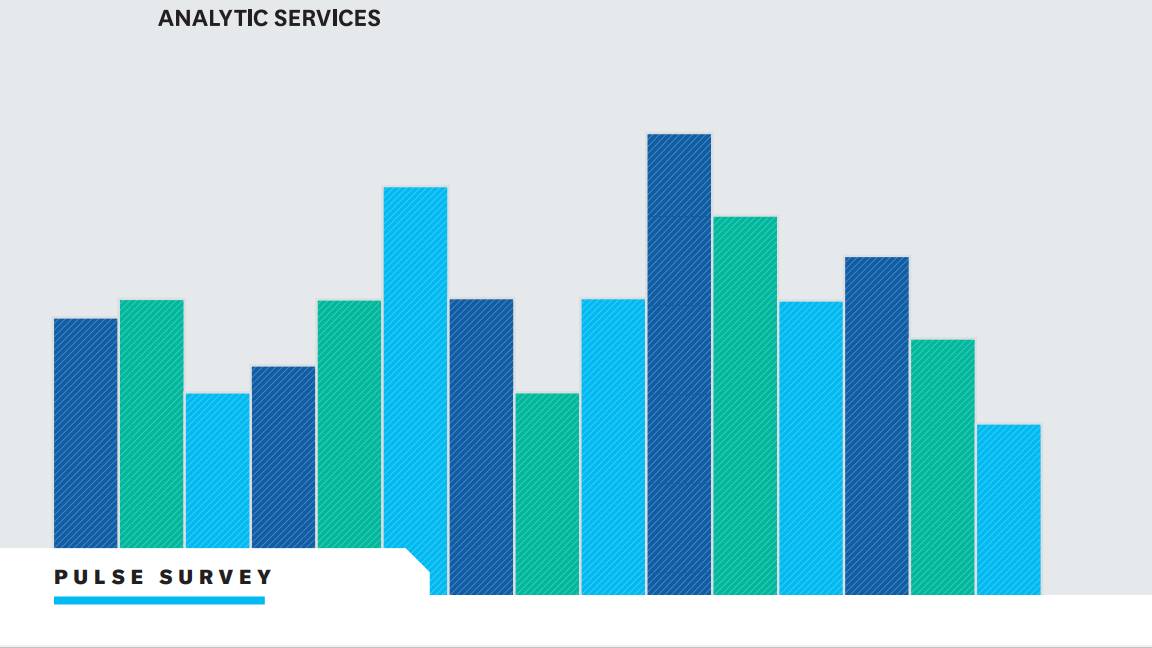 Digital optimisation paves the way to strategic supplier management
Digital optimisation paves the way to strategic supplier managementWhitepaper Procurement’s role as a strategic driver
-
 Bringing order to the file management chaos plaguing AEC firms
Bringing order to the file management chaos plaguing AEC firmswhitepaper How a cloud-based solution, supported by edge technology, helps architecture, engineering, and construction firms boost performance and cut costs
-
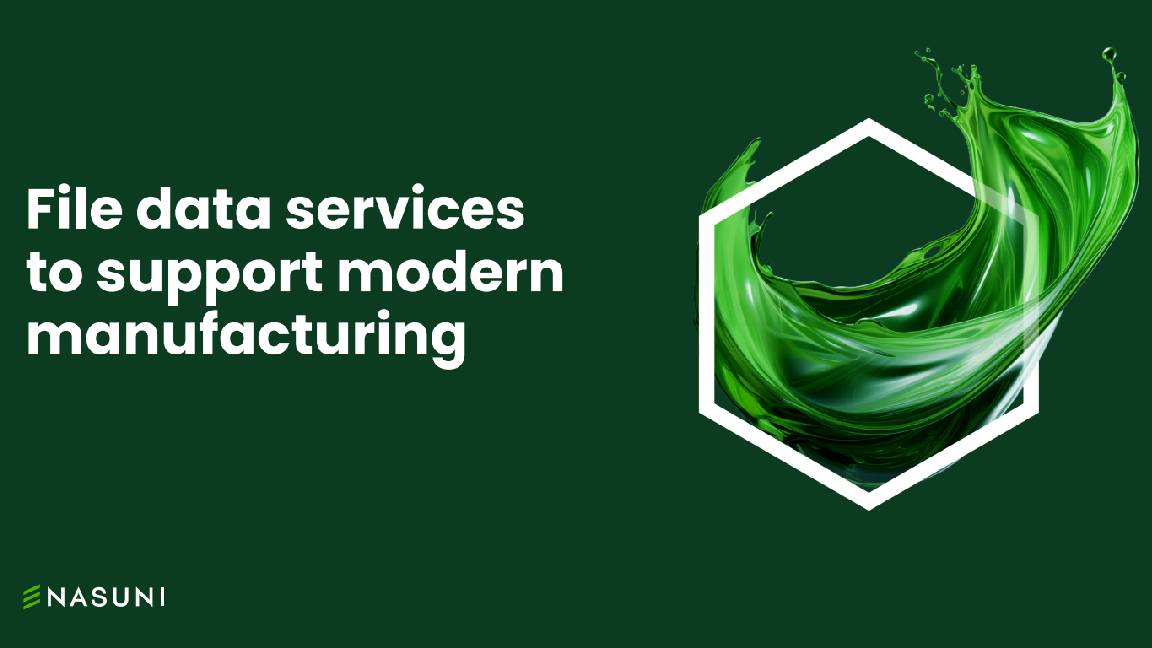 File data services to support modern manufacturing
File data services to support modern manufacturingwhitepaper Smart file data services deliver resilience and intelligence to the modern manufacturing organization
-
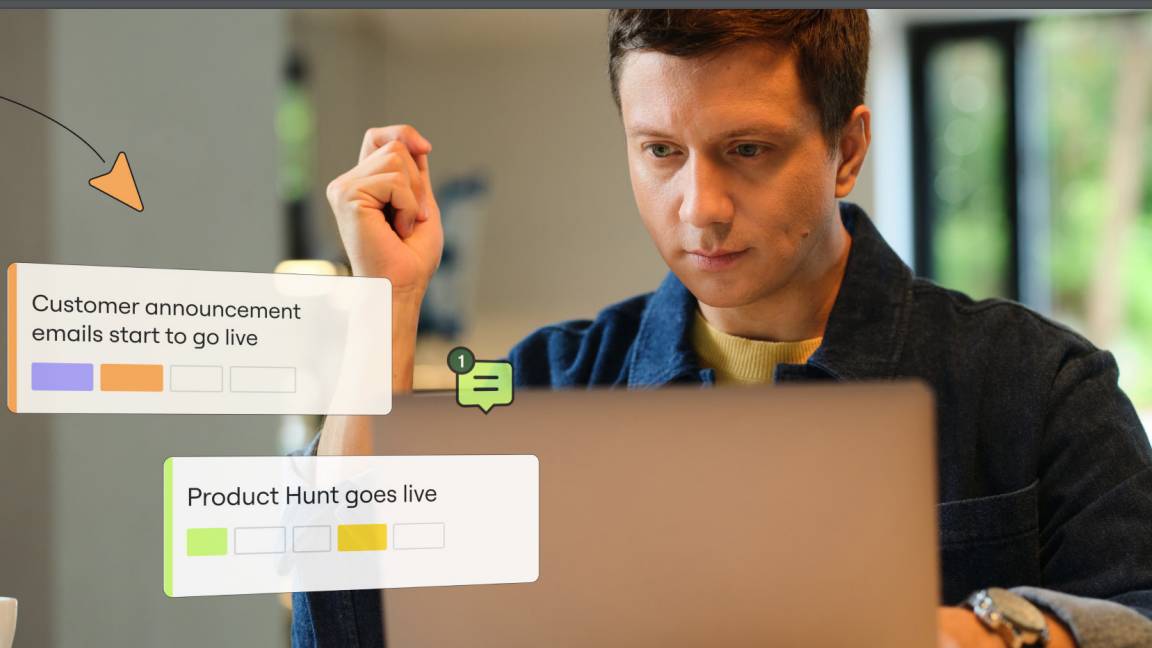 Innovation in product development
Innovation in product developmentwhitepaper The latest data on how successful product development teams collaborate to build the future
